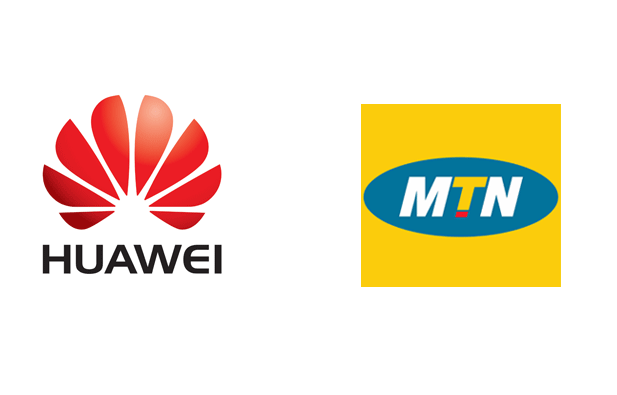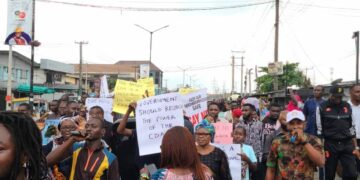MTN Nigeria and Mafab Communications Limited were awarded the country’s two 100MHz spectrum licences in the 3.5GHz spectrum band for 5G in the auctioned by the Nigerian Communications Commission (NCC) last December and were issued their licences in March 2022 after payment.
With a six month period allowed by the Commission for the 5G licences to put their acts together ahead, it is expected that any moment from end of August this year, the two winners will announce a formal date for the commercial launch of 5G in Nigeria.
According to NCC’s rollout obligations for winners, in the first phase, rollout service in at least one state in each geo-political zone: Southwest, South-south, Southeast, North central (including FCT), Northwest and Northeast zones within one to two years.
At the ‘5G Day: The Future is Coming’ organised by Huawei Nigeria and MTN Nigeria for fellows of the inaugural Media Innovation Programme going on at the Pan Atlantic University, Lagos, the two companies disclosed that work is going on to ensure that Nigerians experience 5G in no distant time.
The director of ICT, Huawei Nigeria, Ashwani Mishra, stated that “4G changed lives, 5G changes society. 5G will change everything about communications. We are working day and night to give Nigerians a truly 5G experience as we work with our partner, MTN Nigeria.”
He disclosed that MTN will follow the Information Memorandum on 5G for the 5G winners as the launch will be phases, stating that Huawei is number one in 13 countries on 5G NR. LEADERSHIP gathered that MTN is installing 5G antennas and base stations on its masts as a way of fast-tracking the rolling obligations.
The NCC states that “Service roll out in each state would mean a minimum of 5 sites in a state. Minimum Download speed of 100 Mbps is to be achieved by the operators and shall be measured using applicable measurement tools. A Risk Management Framework for 5G shall be developed in due course.”
Meanwhile, chief marketing officer, MTN Nigeria, Adia Sowho has stated that 5G will reduce latency (i.e. response time) to allow for real-time communication and improve data transfer, especially upstream speeds.
She said 5G will bring about 10 times user experience throughput, 10 times connection density, 10 times decrease in latency, three times spectrum efficiency, 100 times traffic capacity: driving hyper-densification of network with more small cells, and 100 times network efficiency optimising network energy consumption with more efficient processing.
Sowho added that MTN’s 5G network will also lead to longer battery life; better indoor coverage in underground, parking garages, cellars; and efficient, simpler hardware and less bandwidth.
Among other benefits is that 5G will accelerate Internet of Things such as smart cities, smart homes, healthcare, transportation, smart manufacturing, cars, agriculture, home appliances, wearables, and energy engagement, she said.
The CMO of MTN Nigeria explained further: “Imagine you had a long day at work and you are stressed out. Your smart Air conditioner, smartphone, car, water heater, music system, and smart bulbs are all connected through the internet and in coordination with each other.
“Now your smart wristband identifies the stress level through your heart and blood pressure rate and shares the information or data to the other connected devices. Your car communicates with devices at your house and indicates that you are nearby.
“Inside the house, your Air conditioner, lights, and water heater are already turned on for you. Your music system plays music for relaxation. These all will be ready as pre-instructed, and now you can take a warm shower with beautiful music. How do you feel about it?” she concluded.
According to the NCC, 5G network operators would be required to meet all auction conditions as specified in the IM; carry out periodic penetration testing, and vulnerability scan of their networks to ensure security of the systems.
In the second phase which is within three to five years, rollout should take place in additional six states other than those in first phase across the six geo-political zones. In the third phase which is within six to 10 years, operators are encouraged to roll out across all other states.





